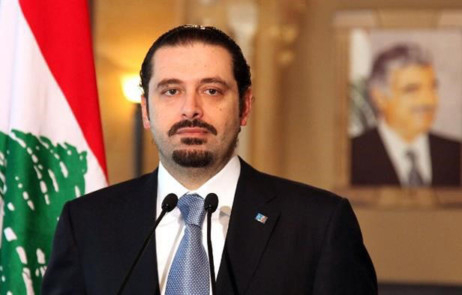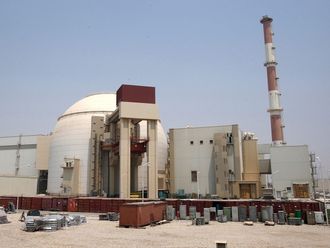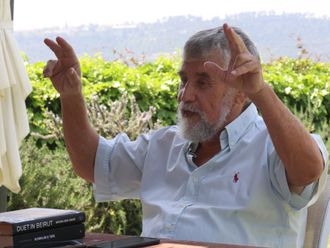
Beirut: Prime Minister Sa‘ad Hariri vented his frustration over failures of Lebanese politicians to reach consensus over a new electoral law.
He affirmed that he would consider his government a “failure” if one isn’t reached.
Politicians have been debating revising the archaic 1960 voting law since 2005 and have yet to reach consensus.
According to the 1960 voting law, parliament seats are allocated by religious sects which Lebanon’s most prominent Christian parties want to amend.
They say the law marginalises Christian voters, because, in the winner-take-all model Muslim voters in predominantly Christian districts cast their ballots to candidates backed by lists dominated by non-Christian parties.
Last month, President Michel Aoun made the unprecedented move to suspend parliament which was due to extend its term for third time since 2009.
The move was hailed by Christians but slammed by Shiite politicians including Nabih Berri, who also is the Amal party chief.
Powerful Shiite groups like the Iran-backed Hezbollah and Amal want proportional representation or the winner-takes-all system since that would give it potential control of parliament due to its large numbers.
Aoun, who has angered Saudi Arabia over his pro-Hezbollah statements in recent months, is apparently ruffling feathers of politicians in his own alliance. On his part, Free Patriotic Movement deputy Alain Aoun insisted that Lebanon reached a stage of “stillness” after the failure of a “promising” electoral law proposal, which presumably included the creation of Senate.
The daily Al Jumhuriyyah reported that this offer was withdrawn as several officials back-pedalled bringing the discussions back to square one.
The parliament’s second term ends on June 20 which means the country heads for a political standoff as politicians will be forced to choose between extending the term for a third time, holding elections under the old electoral law or agreeing on a new law, which is highly unlikely. Aside from disagreements over the electoral law, Hariri’s government has yet to agree on other important matters, including the planned extension of the term for Central Bank Governor Riad Salameh, at a time when Washington mulls imposing new financial sanctions on the Lebanese banking system because of alleged money-laundering transactions attributed to Hezbollah, which the United States designated a terrorist organisation. Salameh is widely respected and was first appointed on August 1, 1993.
He was reappointed on three separate times for the six-year term of office, in 1999, 2005 and 2011.












